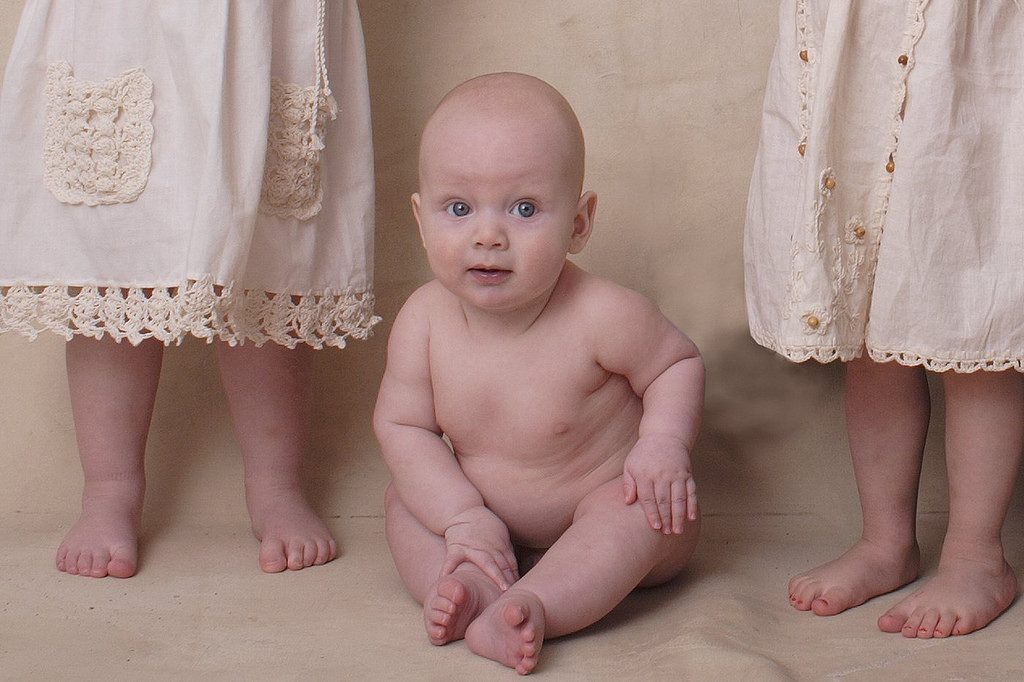Behind some of the most popular names is a tapestry of religion, diaspora, combat, and integration. Take an etymological tour of 10 of the most popular male and female given names in the English language.

John: Derived as Juan, Jean, Hans, Ivan, Giovanni, as well as a host of other multicultural variations, this ubiquitous name is rooted in the Old Testament. It stems from the Hebrew יוֹחָנָן (Yohanan), meaning “graced or favored by Yahweh” from the root hanan – “he was grateful”.
Sarah: Adopted as Sara, Suri, and Sassa, among other variations, the name of Abraham’s wife is found in all three of the world’s major religions. It is derived from the Hebrew word for “princess” and is similar to sar, the Hebrew word for “prince”.
Charles: Appearing as Carlos, Karl, Karel, among others, this name underwent many permutations from its Anglo-Saxon and Norse origins, reaching its zenith in the guise of the first Holy Roman Emperor, Charlemagne (Charles the Great). Its origins, however, are humble: the Anglo-Saxon and Norse ceorl meant “free man” and was bracketed by eorl, or “nobleman” and þeow, meaning “slave”.
Jennifer: Including variants like Gwenevere, Genevieve, and Ginebra, this name stems from the Cornish and Welsh Gwenhwyvar, perhaps meaning “white fairy” or “white phantom”. Its root is gwen, meaning “white” or “fair”.
Edward: Finding echoes in Eduardo, Eduard, Duarte, and variations around the world, this Old English name is a compound of ead, meaning “wealth” or “fortune”, and weard, referring to a guardian or protector.
Catherine: Enjoying a multitude of variations like Kathryn, Caitlin, Kathleen, Karen, Caryn, Ekaterina, Kotryna, and Catalina, the name is derived from the Greek katheros, meaning “pure”.
Robert: Popular as Roberto, Robertus, Robrecht, and variations worldwide, this proud Germanic name means “bright with glory” – a fusion of hruod, meaning “fame” or “glory”, and berht, or “bright”.
Megan: A particularly popular shortened form of Margaret, this name finds parallels with Margarita, Margaux, Marguerite, and even the nicknames Maggie, Peggy, Rita, Gretel, and Gretchen. It is derived from the Greek margarites, or “pearl”, and is related to the Sanskrit manjari, referring to a bunch of flowers.
Michael: Adopted as Miguel, Michel, Mikkel, and Micah, among others, this biblical name first appears in the Book of Daniel of the Old Testament as מִיכָאֵל (Mikha-el), a fragment of the question “Who is like God?”
Photo Credit: Mysudbury.ca

